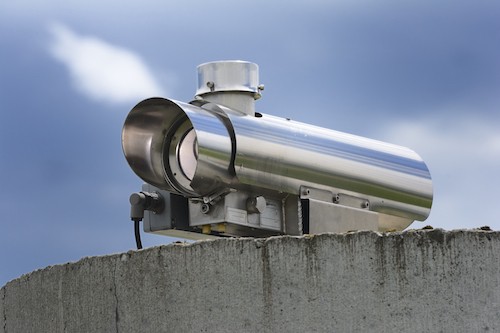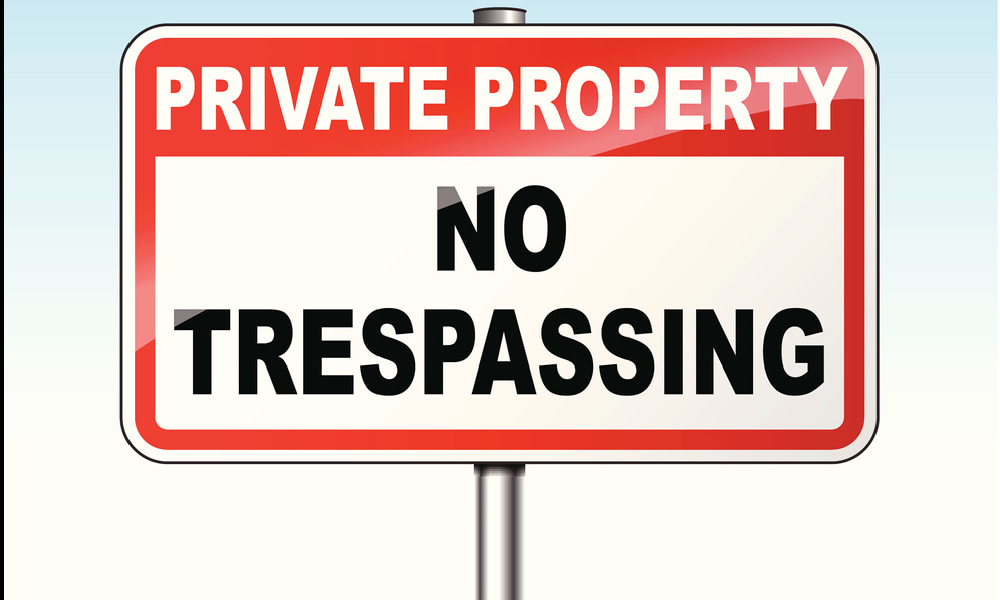A property manager for a residential property needs to take the job seriously. Residents pay a lot of money to live in your rental home or apartment complex, and they want to make sure they can enjoy living in those spaces. There are multiple parts to that enjoyment, too, including that:
- The property must run smoothly.
- The grounds and buildings must also look nice.
While keeping the area aesthetically pleasing is important, keeping it secure is probably the most important part of a property manager’s role. Nobody wants to live in a place where they don’t feel safe from criminals or even their fellow residents. A manager should spare no expense in implementing property security solutions.
Let’s take a look at some things property managers can do to ensure their residents’ safety, including a deeper dive into their overall roles, the importance of access control, and how utilizing video monitoring set ups can make a huge difference.
What Is a Property Manager’s Job?

Property managers are the people responsible for the operation of a rental property, from the day-to-day tasks to its long-term health. They handle:
- Ensuring the security and proper running of all parts of the property, from the buildings and lighting to the safety of the staff, residents, and guests.
- Accepting rent payments, plus allocating funds to keep the property maintained and staff paid.
- Facilitating maintenance requests to prioritize jobs based on severity or how long a request has been in the queue.
- Ensuring residents’ needs are met and their rights not being infringed upon, including removing vehicles that are parked in residents’ paid spots.
- Providing exceptional customer service to keep each family happy in their home.
He or she has a goal to keep the rental in a comfortable, livable condition so that residents will want to continue renewing their leases upon expiration. This process is not without its pitfalls, but protecting an owner’s real estate investment is the ultimate goal.
Issues That Could Arise at Rental Properties
Many issues can arise at apartment complexes and other rentals that managers would need to deal with. Some examples of property security issues are:
- Theft and burglary
These may be the most worrisome issues because residents want to make sure that their belongings are safe in and around their homes, and that they don’t need to worry about burglars entering their personal spaces.
- Assault
This goes back to the safety of the staff, residents, guests, and other individuals. Background checks and regular monitoring will keep all parties and customers physically safe.
- Vandalism
Graffiti, broken windows, and other negative impacts would detract from the look of the overall property, plus potentially cause damage to residents’ property if the vandalism is done to their cars.
- Loitering
Having unauthorized persons hanging around can lead to uneasiness for residents and rob them of their peace of mind. Seeing people on the property who don’t live there or belong can easily scare away elderly residents or young children, for example, and might make them wary of living in your building.
Being able to spot something that is amiss and find solutions to keep properties secure is essential to providing the good customer service your residents need. Putting property security solutions in place will help to keep your premises safe from threats and ensure your customers never have to worry about a thing.
10 Tips for Keeping a Residential Property Secure

There are many things the leader of a property can do to make sure it is kept secure. Here are 10 examples of ways to keep properties safe for residents and others.
1. Properly screen potential tenants.
One of the easiest ways to make sure property security is kept up is by properly screening applicants. Running the customary background and criminal checks is an easy way for managers to make sure that criminals aren’t living on the property.
2. Communicate with residents.
Regularly speaking with residents is important to keep them abreast of what is going on with the facilities. This can include informing them when contractors will be around to do construction or other jobs, meaning your tenants will know not to panic when seeing those individuals around the premises.
3. Install security camera solutions.
Managers and other members of the property staff can’t keep an eye on what’s going on at all times. Installing security cameras can help with security as a camera can see things that people can’t. A camera can also record incidents as they occur, providing key details about the events and even potentially capturing the perpetrators in the act.
4. Install live CCTV monitoring in parking lots.
Using CCTV cameras for video monitoring is another way to keep property security up. Utilizing CCTV in parking lots can be particularly helpful because that is where a lot of crimes can happen involving assets like vehicles or residents being attacked while entering their units. Having security guards or other personnel monitoring those CCTV feeds can help you stop crime in real time.
5. Install advanced access control systems.
Installing access control at the entrances of buildings is one of the best ways to keep the property secure. Such a security solution keeps out those who have not been authorized to come and go from the premises, helping to ensure that residents can safely enter their homes while having peace of mind that they won’t have to worry about intrusions from trespassers.
6. Utilize an alarm system.
Using an alarm as part of a system to keep an eye on your facilities can bolster the overall impact. These security services should involve a range of solutions, among them a security officer and/or a security guard tasked with patrolling the property to keep an eye on what is happening on your site and respond should an alarm sound.
7. Install deadbolt locks on all doors.
Installing deadbolts on all apartment doors in your buildings is an easy way to increase your property security. Deadbolt locks are stronger and more secure than regular locks, after all, and can help make the overall site safer for residents by deterring burglars and vandals.
8. Keep common areas secure.
Keeping common areas — which can include a gym, laundry facilities, and pools — secure is important for safety. Making such areas accessible to residents only but not people who don’t belong on premises helps to protect people and property, plus prevent unnecessary injuries.
9. Install fire and other safety protocols.
Properties should have a comprehensive fire safety system to make sure their residents and buildings remain safe. Other safety systems, including carbon monoxide detectors, should also be installed.
10. Utilize motion sensors.
Using sensors that track motion on the exterior of buildings can help keep intruders off of your site. The sensors can be set to activate lighting when motion is detected, drawing attention to trespassers or possibly scaring them away.
Of all the tasks property managers have, keeping their residents, staff, and property secure is probably the most important. A variety of security measures can be used to keep the site safe from theft, assault, property damage, and other crimes. Utilizing the expertise of security professionals along with surveillance cameras and other video monitoring will keep your grounds and residents secure.
Protect Your Assets with a Customized Building Security System
If you are a property manager or owner in search of a new security services partner to help keep your real estate investment safe, look no further than the professionals at Mobile Video Guard. Our team is happy to come to your site, walk the grounds, and design tailored security services to keep your operations running smoothly.
Give us a call today to speak with an expert about any property security questions you might have or for tips on selecting the right monitoring systems for your situation.




